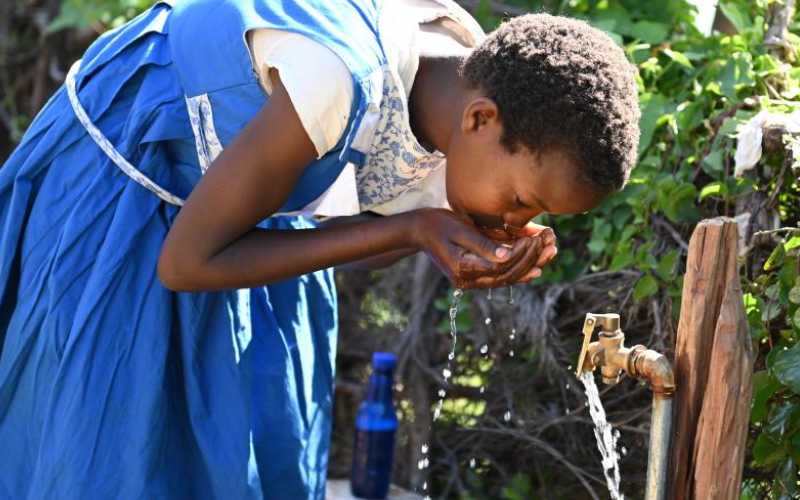×
The Standard e-Paper
Home To Bold Columnists

[File, Standard]
Water, Sanitation and Irrigation Cabinet Secretary Sicily Kariuki might just be the most important person in Kenya today. That’s because water is the solution to our country’s food and job problems. Against this backdrop, water is the biggest scorecard we should use to evaluate our leaders.